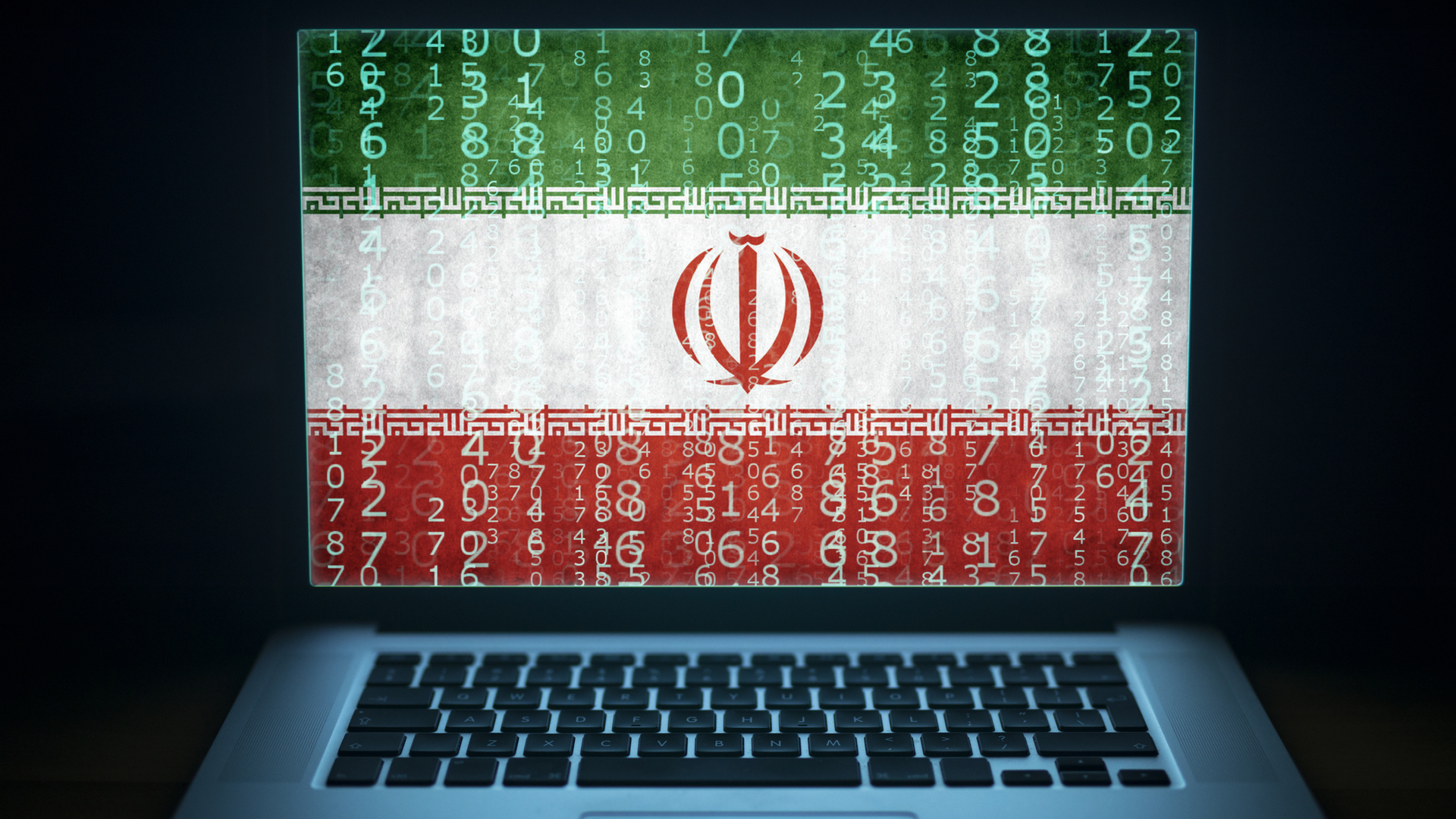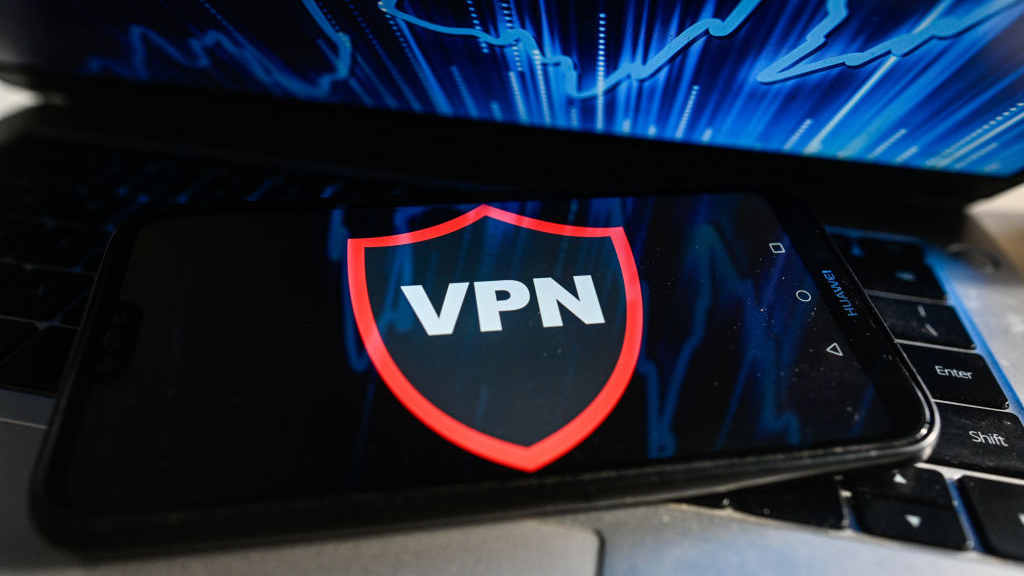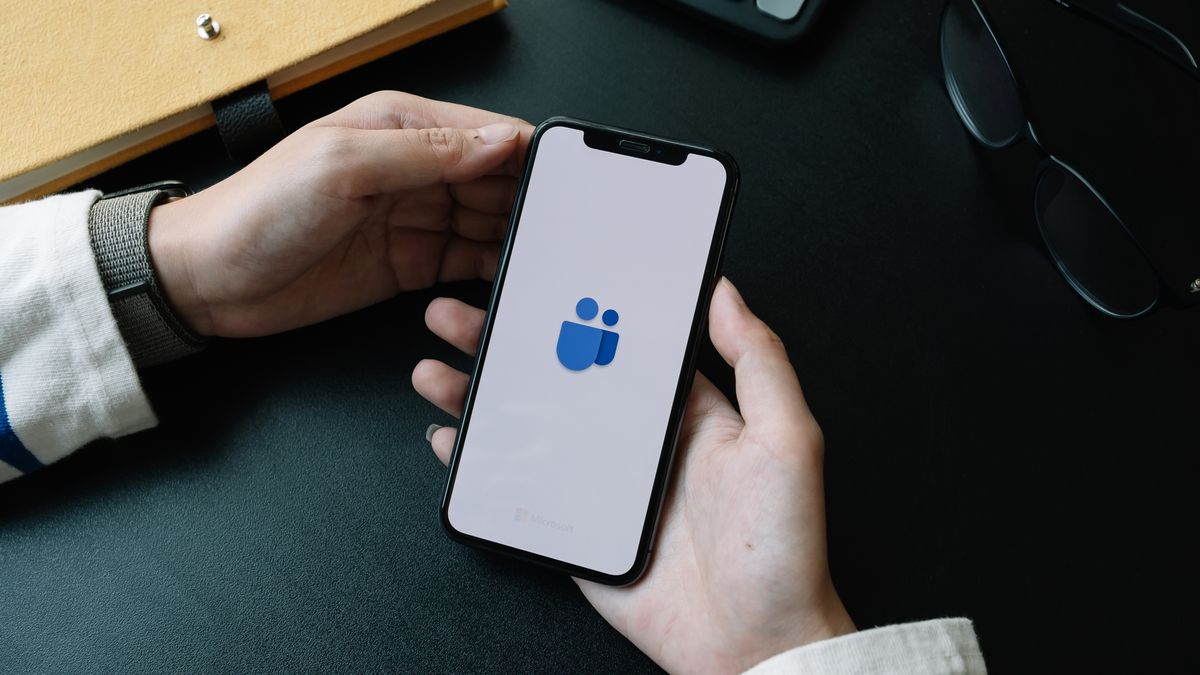- Over 86% of Iranians now rely on VPNs to access blocked content, according to the latest Tehran E-Commerce Association's report
- The report also ranks Iran as 97th out of 100 countries for internet quality
- Iran outlawed the use of "unauthorized" VPNs in February 2024, de facto banning their usage without a legal permit
Nearly 90% of internet users in Iran rely on VPN services to navigate widespread internet disruptions, according to the latest report from the Tehran E-Commerce Association published on Sunday, August 3.
The report, which ranks Iran as 97th out of 100 countries for internet quality, also criticizes Iranian authorities for failing to address calls to improve national connectivity, the Iran International reported.
The use of the best VPN services and other circumvention tools, like Starlink, keeps rising despite a law enforced in February 2024 outlawing their usage without a legal permit.
Iran's internet crisis

"Our findings show that 93% of youth and 86% of the general public use VPNs," said Pouya Pirhosseinlou, head of the Internet and Infrastructure Committee of the Tehran E-Commerce Association, the Iran International reported.
Despite easing some internet restrictions like those against WhatsApp back in January, many websites remain filtered in Iran at the time of writing, forcing Iranians to find alternative ways to stay connected.
"Today, around 700,000 small businesses operate on Instagram. At least one million jobs are tied to that platform alone. Disruptions here directly hit people’s livelihoods," explains Pirhosseinlou.
Yet, via a reliable virtual private network (VPN), people in Iran can trick their local internet service provider and gain access to Instagram and other restricted platforms within seconds.
This surge in VPN usage may also contribute to worsening the precarious connectivity level of Iran's internet. Citizens' traffic is forced "through distant, inefficient routes and lowering speed," Pirhosseinlou explains, adding: "Even on unfiltered websites, users keep VPNs on –further degrading national internet performance."
This isn't the first time that the Tehran Electronic Commerce Association – an independent body that monitors and evaluates the internet situation in Iran – has placed Iran's internet among the worst worldwide. In another report dated January 2024, experts precisely blamed the President and Iranian officials' lack of knowledge for this "self-inflicted" situation.
Commenting on the latest findings, Pirhosseinlou said: "Even if we had America’s infrastructure, Iran’s internet would still be full of disruptions because of the current filtering.[..] Filtering equipment is inherently disruptive. It causes serious malfunctions across many emerging protocols and websites."
Using a VPN in Iran – all you need to know
Despite being increasingly a necessity, authorities have been actively working to prevent the use of Iranian VPN over the years.
For example, in 2023, Iran was second only to China for VPN censorship. This also occurred in 2024, when Iran topped the VPN censoring list across the country's official app stores.
Not only VPN-targeted blocking, though. The regime has even challenged the legality of using a VPN in the first place. In February 2024, Iran outlawed "unauthorized" VPNs, de facto banning their usage without a legal permit. Three months later, the government also resurrected an internet bill that could put VPN usage at risk even more.
Cybersecurity experts have also recently found a new spyware campaign mainly targeting Iranian Android VPN users via infected fake VPN apps.
For all these reasons, it is very important to choose a reliable, secure, and private service. I recommend checking TechRadar's up-to-date guide of the best free VPN on the market to download only the most secure freebie out there – Windscribe Free and Proton VPN Free are today's top picks.
TechRadar's reviewers also rank NordVPN, Surfshark, ExpressVPN, and Proton VPN as the best overall (in order) at the time of writing, but you'll have to pay for a subscription in order to use these services.
You might also like
- VPN demand skyrockets in Iran amid new internet restrictions across the country
- Iran is discouraging its people from using free VPNs
- VPN usage at risk in Russia as State Duma passes a new law against 'extremist' content search
We test and review VPN services in the context of legal recreational uses. For example: 1. Accessing a service from another country (subject to the terms and conditions of that service). 2. Protecting your online security and strengthening your online privacy when abroad. We do not support or condone the illegal or malicious use of VPN services. Consuming pirated content that is paid-for is neither endorsed nor approved by Future Publishing.
.png)












 English (US) ·
English (US) ·